Facebook is better at fighting fake news than Twitter
Mon 17 Sep 2018, 17:43:10
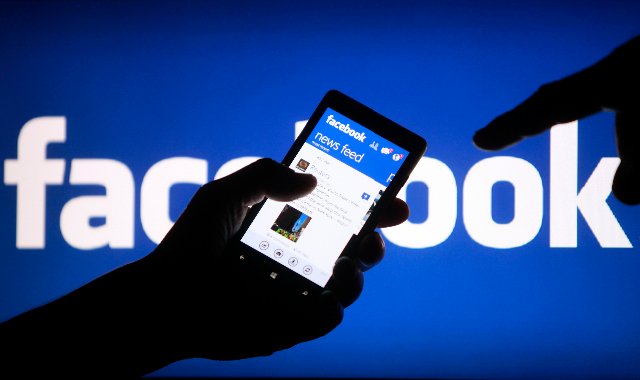
In the recent time, Facebook has been censured for failing to contain the menace of fake news on its platform. The internet today is full of instances wherein the spread of fake news on Facebook and its subsidiaries has caused scalable damage in the real world. But now a new study claims that Facebook is better at fighting fake news than Twitter.
As shocking as it might seem, but a study titled 'Trends in the Diffusion of Misinformation on Social Media' by a group of Stanford University-based researchers claims that user interactions with fake news sites fell sharply on Facebook while they continued to rise on Twitter, with the ratio of Facebook engagements to Twitter shares falling by approximately 60 percent.
The group analysed stories from 570 sites that have been identified as producers of false stories on Facebook and Twitter in a period ranging between January 2015 and July 2018. As per their findings, while the interactions for major news sites, small news sites, and business and culture sites have remained relatively stable during the past two years, and follow similar trends on Facebook and Twitter, interactions with fake news sites have increased steadily on both platforms from the beginning of 2015 up to the 2016 election. "Following the election, however, Facebook
engagements fell sharply (declining by more than 50 percent), while shares on Twitter continued to increase," the study stated.
engagements fell sharply (declining by more than 50 percent), while shares on Twitter continued to increase," the study stated.
The study further noted that while interaction with fake news fell by a far greater number on Facebook than it did on Twitter, the absolute quantity of fake news interactions on both the platforms remains large. The report noted that while "engagements on Facebook fell from a peak of roughly 200 million per month at the end of 2016 to roughly 70 million per month at the end of July 2018", "on Twitter, fake news shares have been in the 4-6 million per month range since the end of 2016, compared to roughly 20 million per month for the major news sites."
The researchers say that the results of the study should be interpreted with caution owing to a number of caveats such as-some fake news sites that could have gained popularity late and producers of fake news could have changed their domain names to evade detection on Facebook.
The researchers believe that "the suite of policy and algorithmic changes made by Facebook following the election"could be one of the major reasons for the shift in fake news trend over the two social media platforms. "However, even the relative comparison of the platforms is only suggestive," the study cautions.
No Comments For This Post, Be first to write a Comment.
Most viewed from International
Most viewed from World
AIMIM News
Latest Urdu News
Most Viewed
May 26, 2020
Can Lionel Messi's visit boost Indian football?
Latest Videos View All
Like Us
Home
About Us
Advertise With Us
All Polls
Epaper Archives
Privacy Policy
Contact Us
Download Etemaad App
© 2025 Etemaad Daily News, All Rights Reserved.





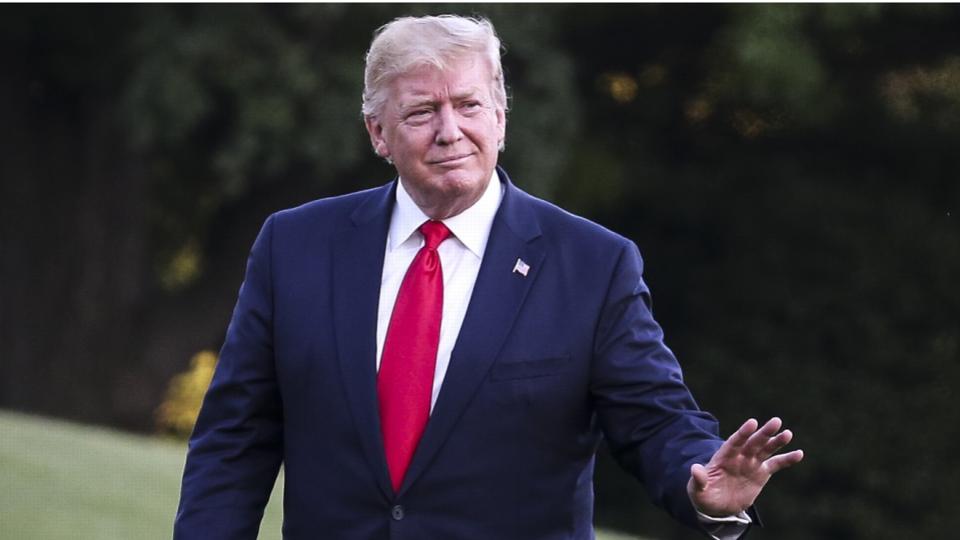

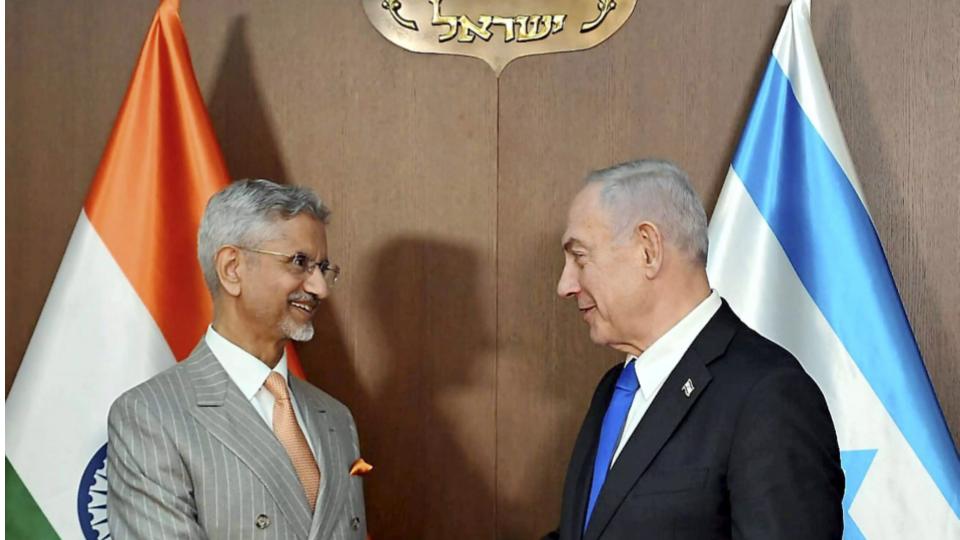


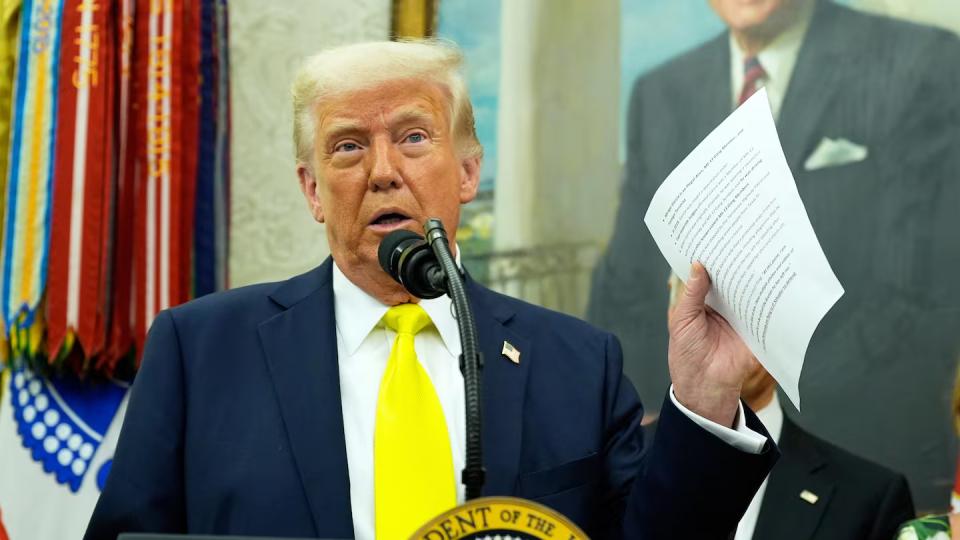













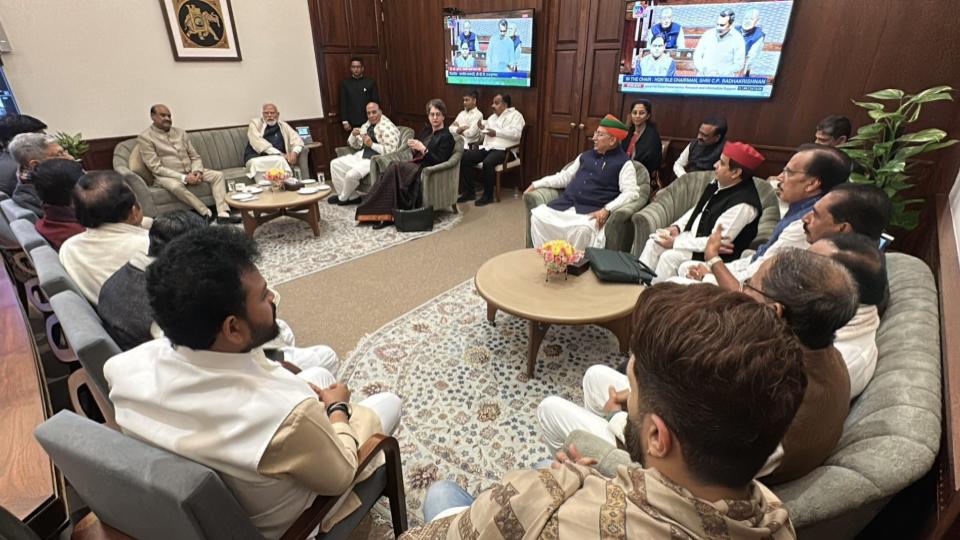

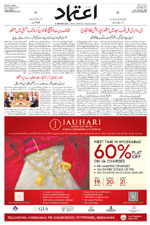










.jpg)
.jpg)
.jpg)


